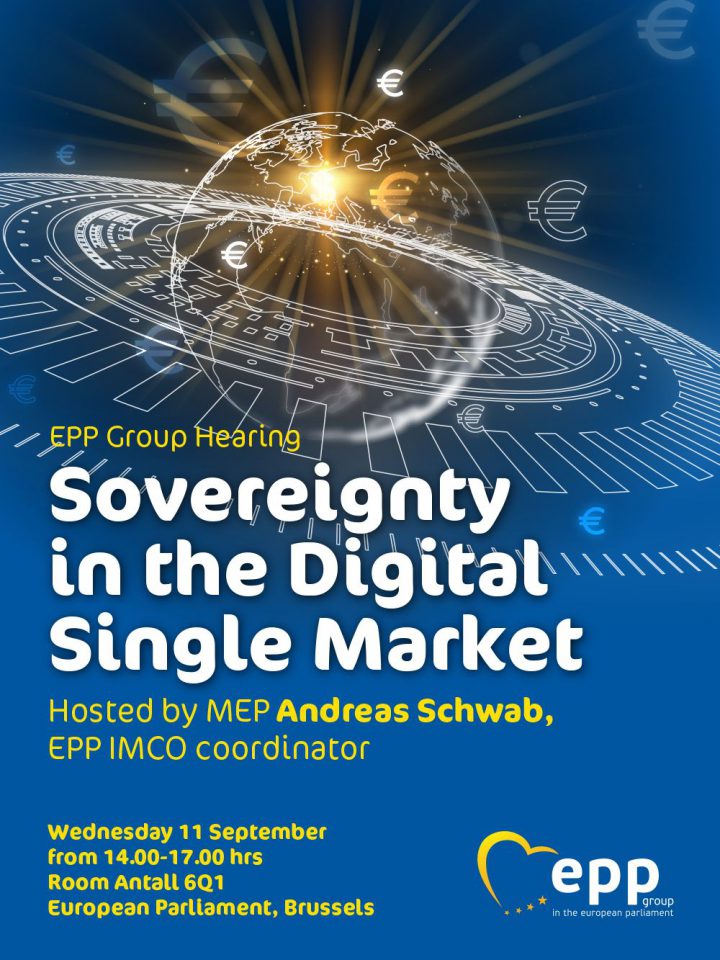The European economy’s sovereignty is threatened by far-reaching technological and geopolitical changes. In such a threatening environment, the window of opportunity to shape Europe’s digital future is closing rapidly, considering that the global race for Artificial Intelligence is already in full swing. Digital sovereignty will undoubtedly seal the fate of the European economy.
The EU has so far undoubtedly enjoyed worldwide leadership on digital regulation, in particular thanks to the GDPR, DMA, DSA, AI and the Data Act, becoming a worldwide norm-setting power but relying on ambitious and effective enforcement by European and national public authorities ensuring that big players operate according to European rules.
However, the concentration of digital platforms represents a threat to European competitiveness, innovation capacity and sovereignty, as well as a security challenge. Despite our efforts to implement digital pioneering regulations, we remain deeply reliant on non-EU countries for e-commerce platforms, social media, and search platforms.
If regulatory action is a powerful tool, it is insufficient to ensure a fully-fledged European digital sovereignty. We should focus on:
- Ensuring the rollout of fast, widespread, secure and resilient connectivity infrastructure in order to shape them by ourselves and maintain control over them;
- Fostering innovation and investments in order to address the severe trade imbalances in the digital sector and to develop digital entities as independent as possible from Big Tech and with strong digital governance;
- Building a strong and effective enforcement capacity with the overall objective of powering up the European tech ecosystem and making it sovereign and competitive.
Hence, this event aims to gather a unique set of experts to discuss the three aforementioned dimensions essential for the EU to ensure its digital sovereignty.

Speaking Engagement
Ilya Bruggeman
Director, Digital, Single Market, and Consumer Policy

Ilya and his team deal with digital, payments, single market and consumer policy. They run the IMCO and Payments committees. He worked previously for the Dutch Retail Association and as a public affairs consultant. Ilya is a Dutch national and studied Public Administration at Leiden University in the Netherlands.
